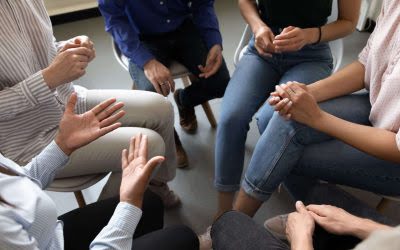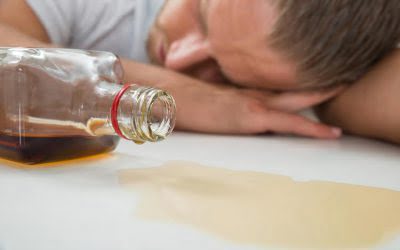Alcohol withdrawal can begin within hours of ending a drinking session. While cirrhosis scars from excessive drinking are irreversible, quitting alcohol and leading a healthier lifestyle can help your liver heal from alcohol-related liver disease. Alcohol detox isn’t easy and not everyone can do it on their own.

Try Cognitive Behavioral Therapy for Insomnia (CBT-I)
Unpack your darkest circles under your eyes, and let’s walk through the sleepless town once ruled by alcohol. Navigate with valuable insights and find solace in proven solutions. And if you do decide to drink every now and again, check RISE to find out when to stop to reduce the negative impact alcohol can have on your sleep. A small nightcap before bed to help you drift off doesn’t sound too harmless, right?
Get the latest in health news delivered to your inbox!
In an attempt to fall asleep, some people have a drink before bed. One study shows that this is the reason about 10% of people drink alcohol. Because alcohol can have a depressive effect on the brain, drinking may help some people fall asleep faster. Drinking to fall asleep can cause or worsen some health issues over time. These include breathing issues like sleep apnea, which is linked to drinking.
- Difficulty sleeping, particularly when a person feels that they can’t sleep sober, may increase the risk that they will relapse.
- There are various options available to help you address and overcome your sleep difficulties.
- These exercises are also a great distraction when lying awake in bed.
- But when you woke up it felt almost as though you hadn’t really slept at all.
- Treating these conditions may be necessary as some individuals experience insomnia due to other health issues.
Enhanced Physical Health
- This disruption can result in a decrease in sleep efficiency and an increase in sleep-related problems.
- We publish material that is researched, cited, edited and reviewed by licensed medical professionals.
- RISE users even say stress and anxiety are their biggest challenges when it comes to getting a good night’s sleep.
- Alcohol consumption can lead to worsened snoring and induce sleep apnea, which prevents oxygen from reaching the body during sleep.
- Whatever anxieties,demands or pressures are making you think you need alcohol to fall asleep – Subconsciously takes you away from it all.
Alcohol may also result in suppressed REM sleep in the short term. Although alcohol can initially have a sedative effect, it can lead to problems in the sleep cycle. One thing you’re likely to notice when you’re trying to stop using alcohol to sleep, is can’t sleep without alcohol it takes a lot longer for you to fall asleep initially at night. Non-alcoholic drinks can play an important role in cutting back. As well as drinking to fall asleep, you may also have routines or rituals like drinking when you watch sport or a movie.
Preventing Alcohol Withdrawal Insomnia
Bradley says it helps to understand your motivation behind Dry January and making sure you “live, breathe, and eat that” once you’ve made the promise to yourself. You may find yourself in social situations where others are drinking. In that case, he recommends choosing a favorite drink to swap out for alcohol. “Over the last year, I have reduced my consumption to about 2-3 drinks per week — usually out at dinner with my wife — whereas before I was drinking 14 or more drinks a week,” he shares. “Men and women process alcohol differently for [a few] different reasons, one being the amount of water in the body,” Miller says.
